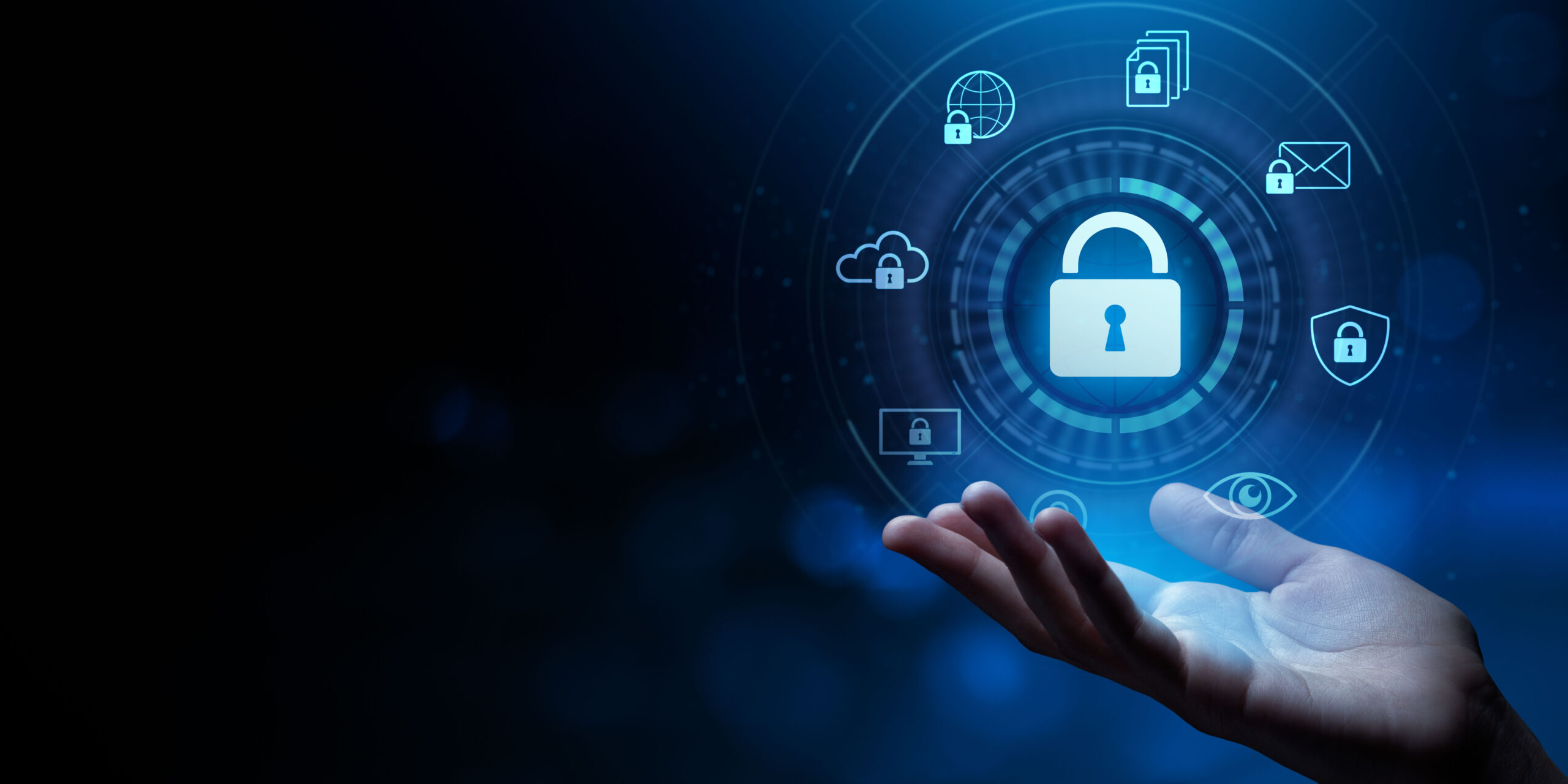By Leonard Wills, NERC Reliability Specialist
As malicious actors continue honing their attack methods, cyber hygiene holds paramount importance for individuals and entities seeking stronger security postures and lower risks. Cyber hygiene involves routine practices that protect digital assets—such as training, asset inventory, password security, vulnerability checks, and security audits—thereby reducing exposure to cyber-attacks.
Training and Awareness
Individuals and entities must undergo cyber security awareness training, fostering a culture of security. Such training may occur through training modules during onboarding, periodic phishing simulation campaigns, and continuous cyber security awareness emails to reinforce best practices and remind individuals of the importance of security.
Asset Inventory
Your entity cannot secure equipment or software without identifying every relevant asset. This step represents the first stage in cyber security protection, enabling a thorough assessment of which devices hold critical information, and which controls provide appropriate safeguards against unauthorized access.
Password Security
Entities must implement password management processes that require strong, complex passwords. Additionally, they may mandate the use of password managers that help employees handle multiple credentials. Entities should also enforce multi-factor authentication (MFA) to provide additional layers of security.
Vulnerability Management
Vulnerability management involves identifying and prioritizing security weaknesses through regular assessments that enable organizations to remediate any findings. This approach ensures that entities remain aware of existing vulnerabilities in their equipment or applications and apply security patches to mitigate security risks.
Security Audits
Periodic security audits evaluate current security posture, uncover vulnerabilities or shortcomings within processes and procedures, and highlight areas demanding attention. These audits encourage continuous improvement and accountability to ensure the entity follows best practices, identifies security gaps, and meets compliance obligations.
Secure Remote Work
As employees continue working remotely, entities must implement virtual private networks (VPNs), endpoint protection, and monitoring tools to safeguard devices against unauthorized access and malware.
By following these cyber hygiene measures, entities maintain a stronger security posture, reduce their potential attack surface, and mitigate the risk of threat actors successfully exploiting individuals through social engineering or unpatched software applications.
